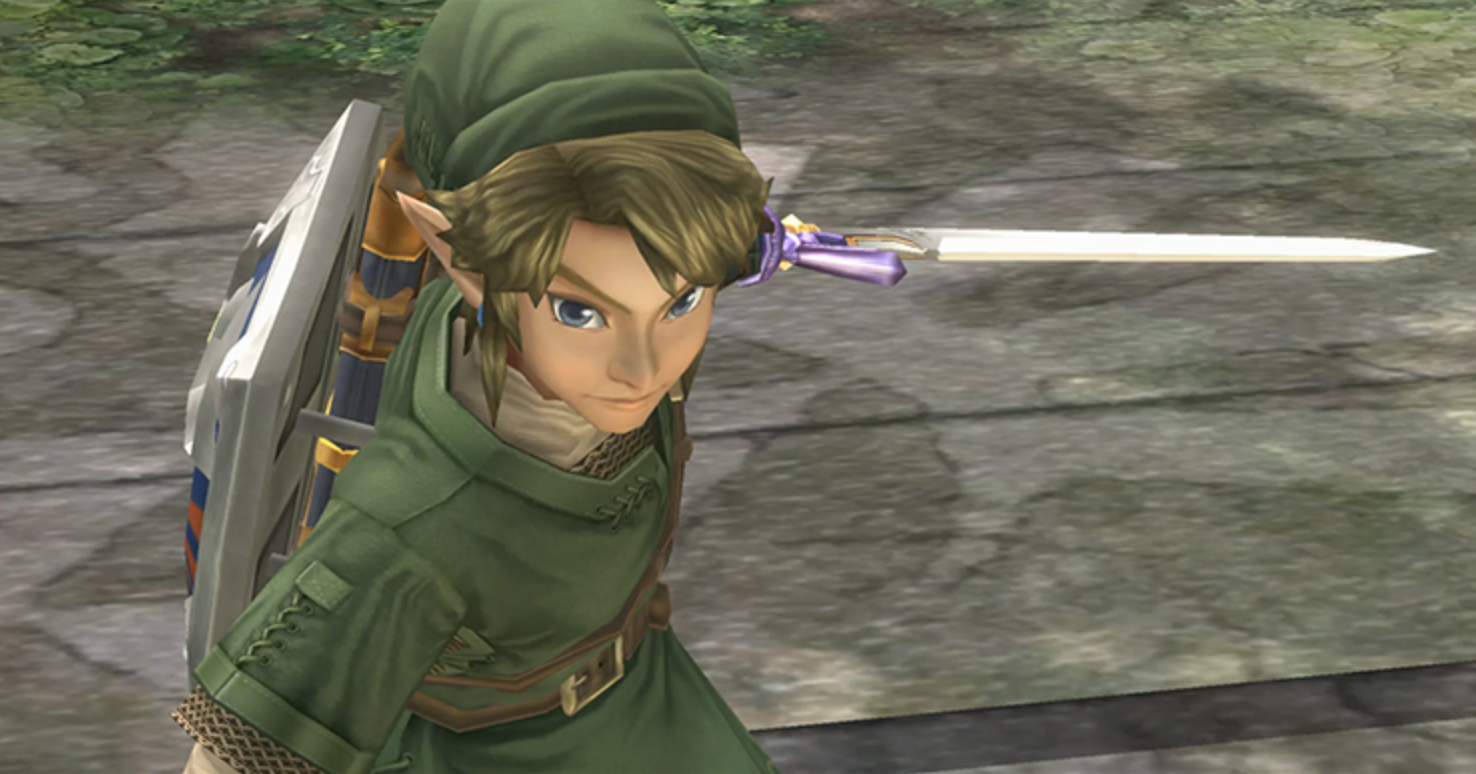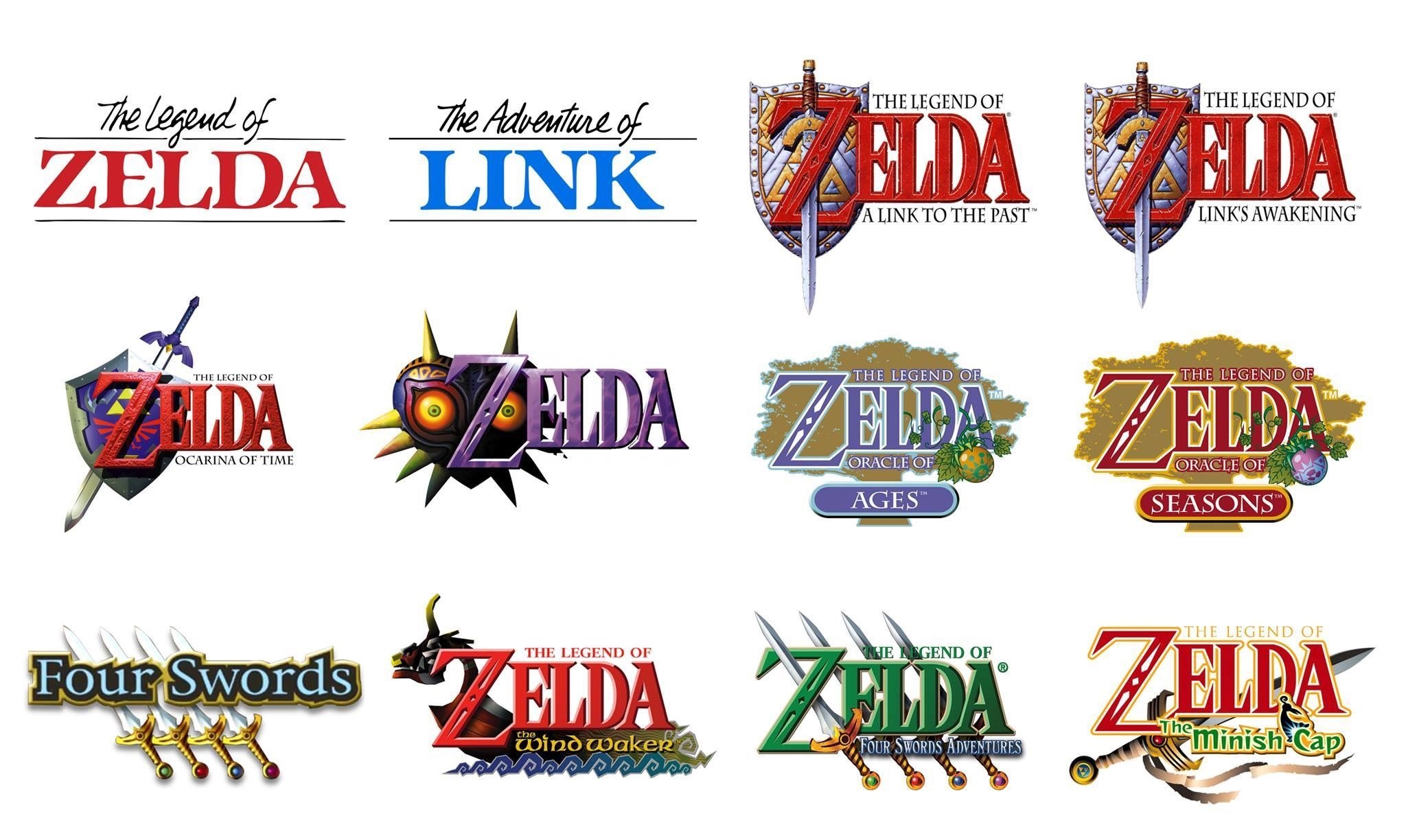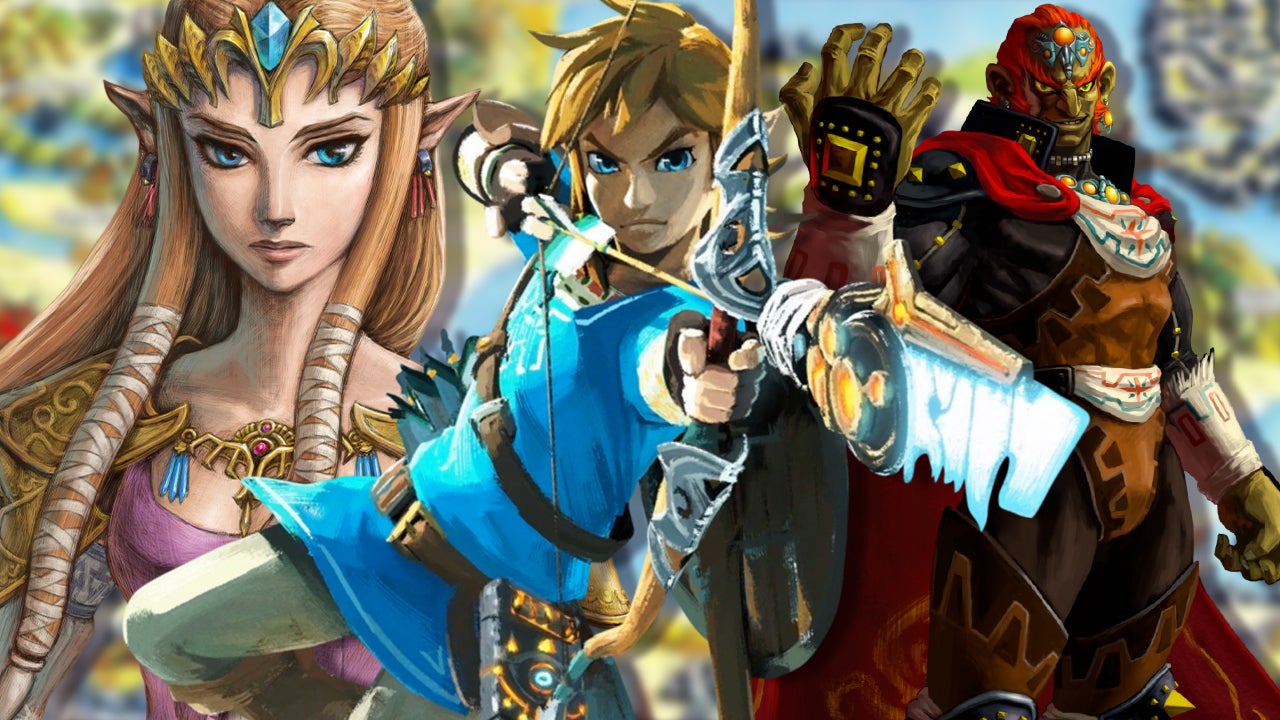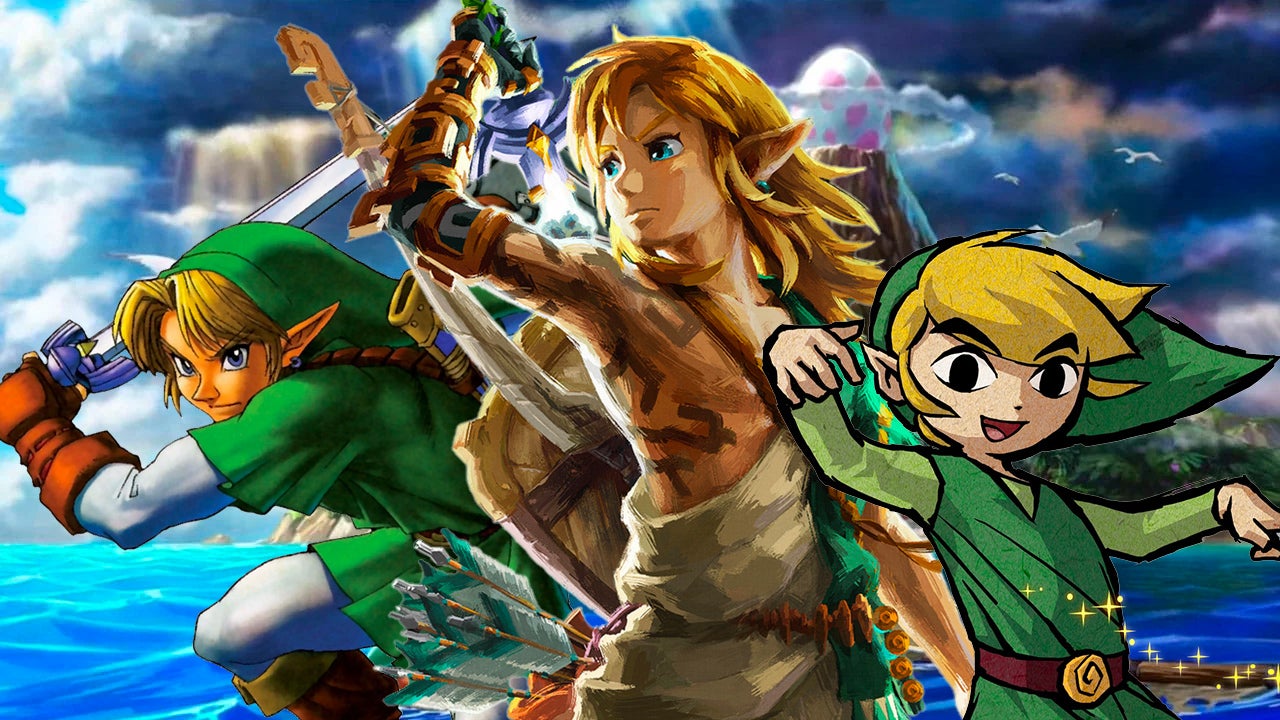If you’ve ever opened a treasure chest in a Zelda game and heard that triumphant “da-da-da-da!”, you already know why this series has been glued to gamers’ hearts for decades. Few franchises manage to bottle up mystery, adventure, and nostalgia quite like The Legend of Zelda.
But here’s the twist: unlike most game series that march along in a straight line, Zelda Games in Order is… well, let’s just say it’s more tangled than a Deku Scrub’s vines.
Games leap forward and back through time and parallel worlds fragment and parallel universes are created. It is what it is and it makes the new viewers incredibly confused, but it is part of the charm.
If you have been itching to know how to play all the Zelda Games in Order, or even just have a clue about the grand scheme of the storytelling, this is the place you need. Pick up your shield–a time adventure we are about to have.
Why Bother with the Zelda Games in Order?
The beauty of Zelda is that you don’t need to play them in order to enjoy them. Each entry stands proudly on its own. But if you do follow the timeline, the story suddenly clicks. You’ll spot recurring themes, characters echoing through history, and clever nods that make longtime fans grin.

Think of it this way: it’s like watching the Marvel movies. You can watch Endgame on its own, but if you’ve seen everything before it, that moment when the portals open hits way harder. Zelda works the same way.
Zelda Games in Chronological Order
Nintendo eventually laid out an official timeline in the Hyrule Historia, and to everyone’s surprise, it splits into three branches after Ocarina of Time. Let’s walk through the main entries.
1. The Legend of Zelda: Skyward Sword (2011)
-
Where it fits: The origin of everything.
-
Fun tidbit: Explains how the Master Sword was created.
This is the first one in the saga and it begins with Link as a knight-in-training high above the clouds of Skyloft. It prepares the ground of endless cycle of hero princess and villain.
2. The Minish Cap (2004)
-
Meet Ezlo, the sassy talking cap.
-
Introduces the Four Sword, a key part of Zelda lore.
It’s whimsical and a bit overlooked, but it has some of the most charming art in the series.
3. Four Swords (2002)
A shorter, multiplayer game where four Links team up to rescue Zelda. Not heavy on story, but fun with friends.
4. Ocarina of Time (1998)
-
IMDB Rating: 9.2
-
A turning point that defined modern 3D adventure gaming.
Here’s where it all branches. Depending on what happens with Link and Ganondorf, the timeline splits into three different realities.
The Decline Timeline (if Link is defeated)
- The Legend of Zelda: A Link to the Past (1991) a marvelous SNES game where main protagonist Link unties the descendants of the Seven Sages.
- Oracle of Ages and Oracle of Seasons (2001): Pair of interlocked Game Boy games which shared some elements at the ends of the games.
- The Legend of Zelda: Links Awakening (1993 / 2019 remake) – A dreamy game towards the end which is melancholic.
- A Link Between Worlds (2013) – sly wall-merging logic in a familiar Hyrule.
- Tri Force Heroes (2015) – An entry with a little humorous flare to it, and puzzle-heavy gameplay that is co-op.
- Zelda (1986) –The classic.
- The new harder, side scrolled experiment was called The Adventure of Link (1987).

The Child Timeline (Link sent back in time): Zelda Games in Order
- Majora’s Mask (2000) – A less bright and sunny variation of the game, in which Link is forced to relive three days to prevent a falling moon.
- Twilight Princess (2006) – Link transforms into a wolf, and traverses through twilight worlds and meets with one of the most cinematic incarnations of Ganondorf.
- Four Swords: Adventures (2004) – This one is likewise a multiplayer-centered exploit, with this one continuing the Four Sword lore.
The Adult Timeline (Link defeats Ganondorf)
- The Wind Waker (2002) – Cel-shading, the great expanses and some of the most touching story telling the game has yet to see.
- Phantom Hourglass (2007) – Touch sequel to Wind Waker.
- Spirit Tracks (2009) – A rail game that acts as a companion to Zelda as a ghost.
The Unified Timeline (Breath of the Wild Era)
Nintendo did not go into specifics here, but the two new games seem like a culmination of all the timelines.
- The Legend of Zelda – Breath of the Wild (2017) – open-world masterpiece, a fresh look at what the Zelda game can represent.
- Tears of the Kingdom (2023) – based on botw with Sky islands, underground worlds and more lore.
The Cast That Keeps Us Hooked
-
Link: Our silent but courageous hero, reincarnated across eras.
- Zelda: MUCH more than a damsel- she is wise, warlike, or might even be a Sheik in disguise.
- Ganondorf: The source of unstoppable force and will.
- Sidekicks & Companions: From Navi’s “Hey! Listen!” to Midna’s snark and Tingle’s eccentric maps, the side characters add color and heart.
Which Zelda Game We’d Recommend First
This is the challenge part since different player will give different meanings to Zelda.
- Novices: Ocarina of time remains the yardstick of the series.
- Breath of the Wild is a must-play game even to modern gamers.
- To story enthusiasts: Majora Mask is a dark, emotional and memorable game.
In short: there’s no wrong answer, only where you want to begin.
Fun Little Facts: Zelda Games in Order
- The name of Zelda actually is named after Zelda Fitzgerald, the wife of a famous writer, whose name was Gerald F. Fitzgerald.
- Extensive work was conducted in only 12 months to create Majora Mask.
- In Japan, the game is known as Triforce of the Gods.
- Even the odd little guy in green, Tingle, got spins in Japan.

Wrapping Up the Quest: Zelda Games in Order
Playing the Zelda games in order is not just about following through the lore- it is about following how one of the greatest sagas in all of gaming has continued evolving over nearly 40 years. Showing progression since the pixelated origins of 1986 to the expansive projections of Tears of the Kingdom, Zelda has always been about exploration, bravery and amazement.
And the best of Question? Wherever you begin, you put on the boots of Link. You are the hero and build your own legend. That is why Zelda is not just a series of games, it is a story, which grows with you.
